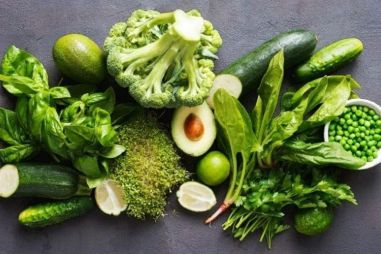The Detox guide - all you want to know!
In a world full of hustle and temptations, it's no surprise that our bodies sometimes crave a fresh start. Modern life can lead to unhealthy eating habits and the accumulation of toxins. Detox, short for detoxification, is the process that aims to rid the body of toxins and harmful substances. It involves making lifestyle changes and adopting specific practices to support the body's natural detoxification systems. A detox program provides your body and mind the opportunity to rejuvenate and revitalize. In this guide, we'll delve into why detoxing is great for Body & Mind (and soul as well) and how it can enrich your well-being on multiple levels.
- Why Detox?
- Why is a cleanse once in a while so beneficial
- The benefits of a Detox:
- Various ways to detox - which one suits you?
- Detox programme: Modern or Classic Mayr
- Detox programme: Detox with light meals
- Detox programme: Juice Fast or Cleanse
- Detox programme: Buchinger-fast
- Detox programme: Ayurvedic
- Detox programme: Raw food
- Elements and therapies within a detox programme
- Methods of colon hydrotherapy (or colon cleanse):
- When Is detoxing not recommended?
- Search here your Perfect Detox Holiday in Europe, Asia or beyond..
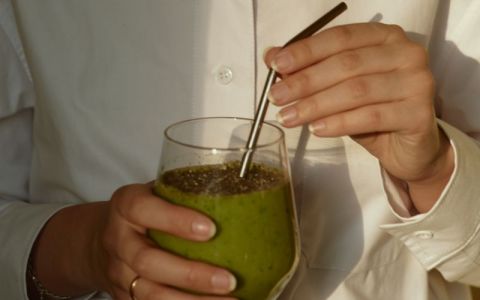
Why Detox?
The primary goal of a detox is to eliminate accumulated toxins from the body, which may come from various sources such as environmental pollutants, processed foods, alcohol, drugs, medication or stress. By reducing exposure to toxins and supporting the body's natural detoxification mechanisms, a detox is believed to help restore balance, enhance vitality and promote overall health. A detox regimen encompasses various components such as detoxifying foods (juices, soups, salads, broths, and other light detox meals), yoga, meditation, walks, nutritional workshops, sauna sessions, massages (optional), and more. The rationale behind this approach is to give the digestive system a break from solid foods and flood the body with easily digestible nutrients, antioxidants and enzymes found in vegetables and fruit.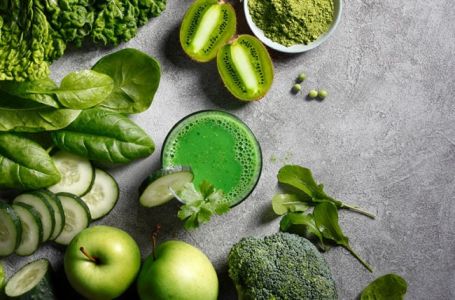
Why is a cleanse once in a while so beneficial
The body has its natural detoxification mechanisms through organs like the liver, kidneys and lymphatic system. These organs work continuously to eliminate waste and toxins from the body. Doing a cleanse or a detox may enhance the body's natural detoxification processes. It gives the body a nutrient boost as detox meals and juices can provide a concentrated source of vitamins, minerals and phytonutrients. A detox will reduce the digestive load as detox meals are easier to digest than processed or solid foods, allowing the digestive system to rest and redirect its energy towards the detoxification process. Some people use a cleanse as a kickstart to healthier eating habits, with the intention of continuing a more balanced diet after the cleanse. It is important to say that a detox is not a long-term solution. Extreme or prolonged juice cleanses may lead to nutrient deficiencies.
The benefits of a Detox:
We listed some of the advantages of a detox:- Elimination of Toxins: Detox holidays typically involve a specialized diet, fasting and cleansing practices that help flush out toxins from the body.
- Increased Energy: When the body is nourished with nutrient-dense foods, energy levels tend to increase. You will feel more vibrant and alert after a detox holiday.
- Weight Loss: Detox programs often result in weight loss, as they focus on eliminating processed foods, sugar and unhealthy fats. The weight loss is temporary as it is mainly water and toxines you lose, instead of fat.
- Improved Skin Health: Detoxing can lead to clearer, glowing skin, as it helps eliminate impurities.
- Enhanced Mental Clarity: Detox holidays often include mindfulness practices such as meditation and yoga, which can help reduce stress and improve mental clarity and focus.
- Boosted Immune System: A healthy detox can strengthen the immune system by promoting the intake of immune-boosting foods and reducing the load on your organs.
- Reduced Inflammation: Many detox programs focus on anti-inflammatory foods and practices, which can help alleviate chronic inflammation.
- Rejuvenation and Relaxation: Detox retreats often include spa treatments, massages and other relaxation therapies.
- Healthy Habits and lifestyle: Detox holidays can inspire you to adopt healthier lifestyle habits, including mindful eating, regular exercise and stress management techniques.
Various ways to detox - which one suits you?
There are various types of detox holidays or retreats that you can choose based on your preferences, goals and health needs: juice fasting, mild fasting, Buchinger fasting, raw food, Mayr detox, or Ayurveda. While there are similarities, each program has its own structure and focus.
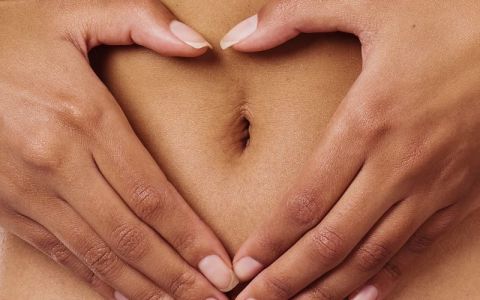
Detox programme: Modern or Classic Mayr
The Mayr detox, based on the principles of Austrian physician Dr. Franz Xaver Mayr, is all about the guts and the digestive system, including support of the liver function. It involves a specialized diet that emphasizes slow eating, thorough chewing and simple, easily digestible foods. It is combined with abdominal treatments, such as abdominal massages, to stimulate the gut and aid detoxification.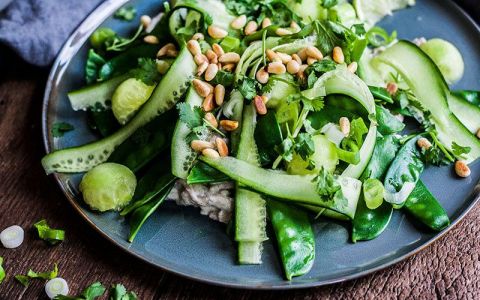
Detox programme: Detox with light meals
During a mild detox programme, you’ll eat easily digestible foods that are rich in nutrients, fiber and water to support the body in the detoxification process. Some examples of light detox meals are green smoothies, quinoa salad, steamed vegetables, or vegetable soup. Refined carbohydrates, processed foods, coffee, and alcohol are avoided.
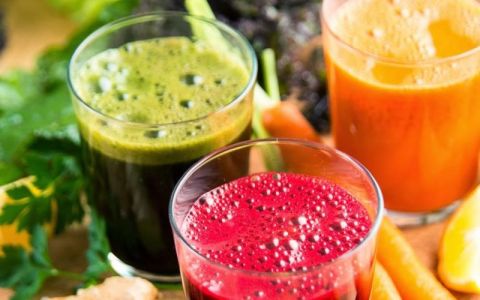
Detox programme: Juice Fast or Cleanse
Consuming only fresh fruit and vegetable juices for a certain period. The aim is to give the digestive system a break while flooding the body with nutrients. Juices are made of vegetables and fruits that are known to help eliminate toxins and cleanse the gut, such as spinach, carrots, lemon or celery, just to name some. To support the detoxification process, nutritional supplements can be added.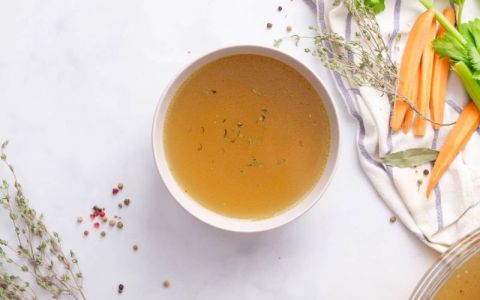
Detox programme: Buchinger-fast
The Buchinger fast, also known as the Buchinger method, is a therapeutic fasting approach developed by Dr. Otto Buchinger. It involves abstaining from solid food and consuming only vegetable broths, herbal teas and fruit juices for a specific period. The fast aims to promote detoxification, rest the digestive system, and activate the body's self-healing processes.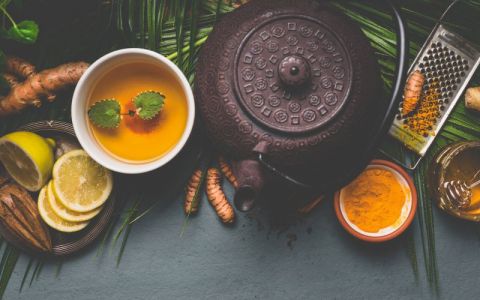
Detox programme: Ayurvedic
Grounded in the ancient healing tradition of Ayurveda from India. It aims to balance the doshas (energies) in the body and remove excess ama (toxins) for enhanced health and well-being. An Ayurvedic detox is based on a combination of specialized diets, herbal treatments, and yoga practices.
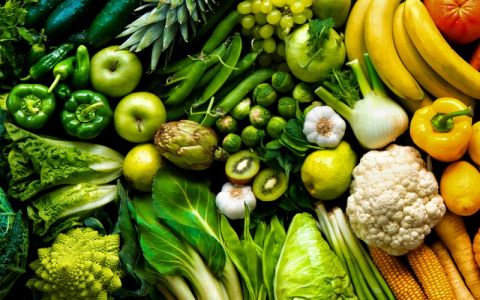
Detox programme: Raw food
Raw food detox retreats focus on consuming uncooked, plant-based foods, such as fruit, vegetables, nuts and seeds. These are nutrient-rich meals that are easy on the digestive system. In their raw state, these foods contain nutrients, antioxidants, vitamins and minerals that normally - through the heating process - get lost. These nutrients protect your body from toxins and support cell renewal. A Raw food detox is an ideal start to a healthy lifestyle.Elements and therapies within a detox programme
During a detoxification retreat, a range of activities and treatments can be integrated to optimize the cleansing and rejuvenation process. The specific components and therapies will vary based on your chosen program.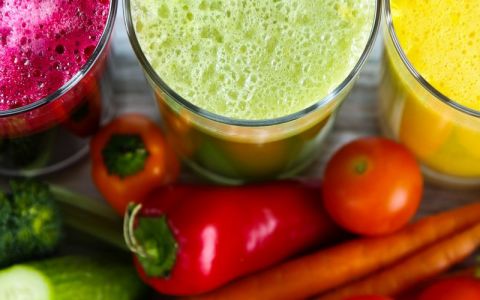
Nutrition
Detox meals / detox juices: Vegetables and fruits that stimulate detoxification, such as greens, spinach, broccoli, avocado, apple, berries, etc.Light detox meals: Easily digestible foods that are rich in nutrients, fiber and water to support the body in the detoxification process. Some examples of light detox meals are green smoothies, quinoa salad, steamed vegetables, or vegetable soup. Refined carbohydrates, processed foods, coffee, and alcohol are avoided.
Drinking plenty of water: Drinking plenty of water, herbal tea, and broth aids in flushing out toxins. Depending on your weight, aim to drink about 2 to 3 liters of water or light herbal tea per day.
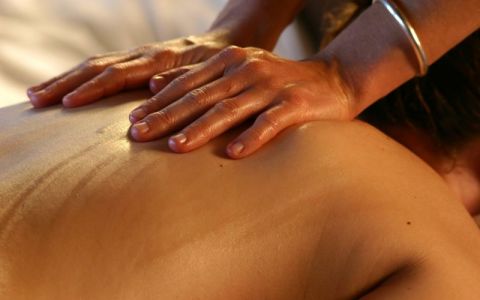
Therapies and Treatments
Massage Therapy: Massages can stimulate the lymphatic system and circulation, facilitating the removal of toxins from the body.Colon Hydrotherapy: Colon hydrotherapy or colon cleansing treatments can help remove waste and toxins from the colon.
Acupuncture: Acupuncture may aid in balancing the body's energy and supporting detoxification.
Spa Treatments: Additional spa treatments like body scrubs, facials or body wraps with algae.
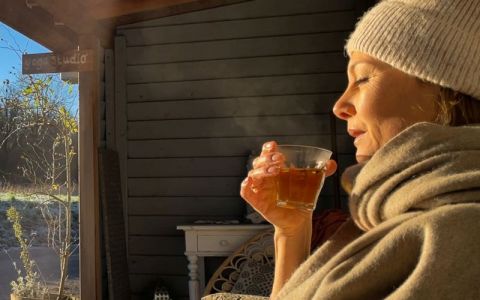
Supplements
Supplements: Some detox retreats may offer herbal supplements or teas that support liver function.
Light exercise
Yoga: Gentle yoga promotes relaxation of the body, with specific twists particularly massaging the internal organs.
Nature Walks and Hikes: Spending time in nature and engaging in physical activities like hiking can promote overall well-being and help clear the mind.
Meditation & Mindfulness: Practicing relaxation techniques such as meditation, meditation and breathing exercises.

Other activities
Nutrition Workshops: Educational workshops on nutrition and healthy eating which will help you to continue healthy habits post-retreat.Sauna or Steam Room Sessions: Saunas and steam rooms help in sweating, which aids in eliminating toxins through the skin.
These are the components frequently included in detox programs. Keep in mind that each detox programme can be different. Explore your preferences for meals, treatments, and program structure.
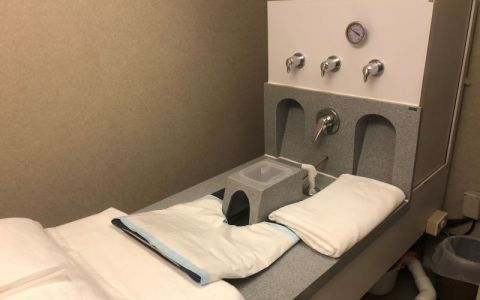
Methods of colon hydrotherapy (or colon cleanse):
Enema: An enema involves introducing a liquid (usually water or a saline solution) into the rectum using a tube or nozzle. Enemas are often used to relieve constipation or prepare for medical procedures.Coffee Enema: Some detox programs include coffee enemas, where a coffee solution is introduced into the colon. Advocates claim it helps stimulate bile production and liver detoxification.
Colon Hydrotherapy (Colonic Irrigation): This involves the introduction of warm water into the colon through a tube inserted into the rectum. The water helps to soften and flush out waste material and toxins from the colon. The procedure is typically performed by a trained therapist.
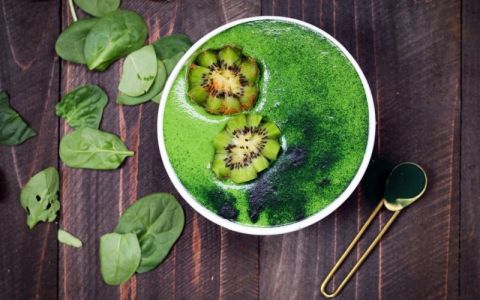
When Is detoxing not recommended?
Detoxing may not be advisable for you when you have underlying health issues such as diabetes, heart problems, kidney disorders, or during pregnancy. Additionally, if you are on specific medication or you have a history of eating disorders, detoxing could pose risks. Prior to selecting a detox holiday, it is crucial to take into account your health status, dietary inclinations and goals. If you have any existing medical conditions, it is recommended to seek advice from your GP or healthcare expert. Ask our team! Our team of well-being travel experts is dedicated to providing guidance and assisting you in discovering your ideal detox holiday destination. We are here to offer advice, ensuring that your journey towards well-being aligns with your preferences and aspirations.
Search here your Perfect Detox Holiday in Europe, Asia or beyond..

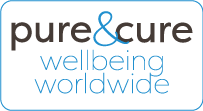
 EN
EN NL
NL BE
BE